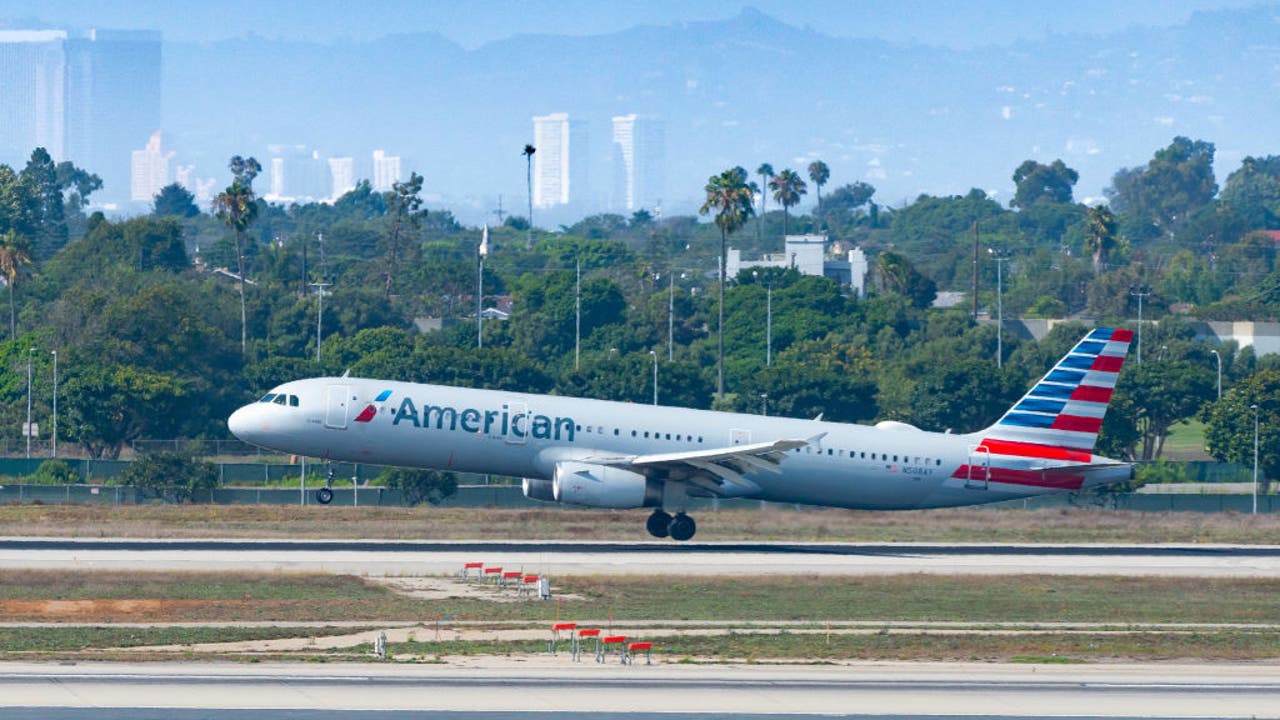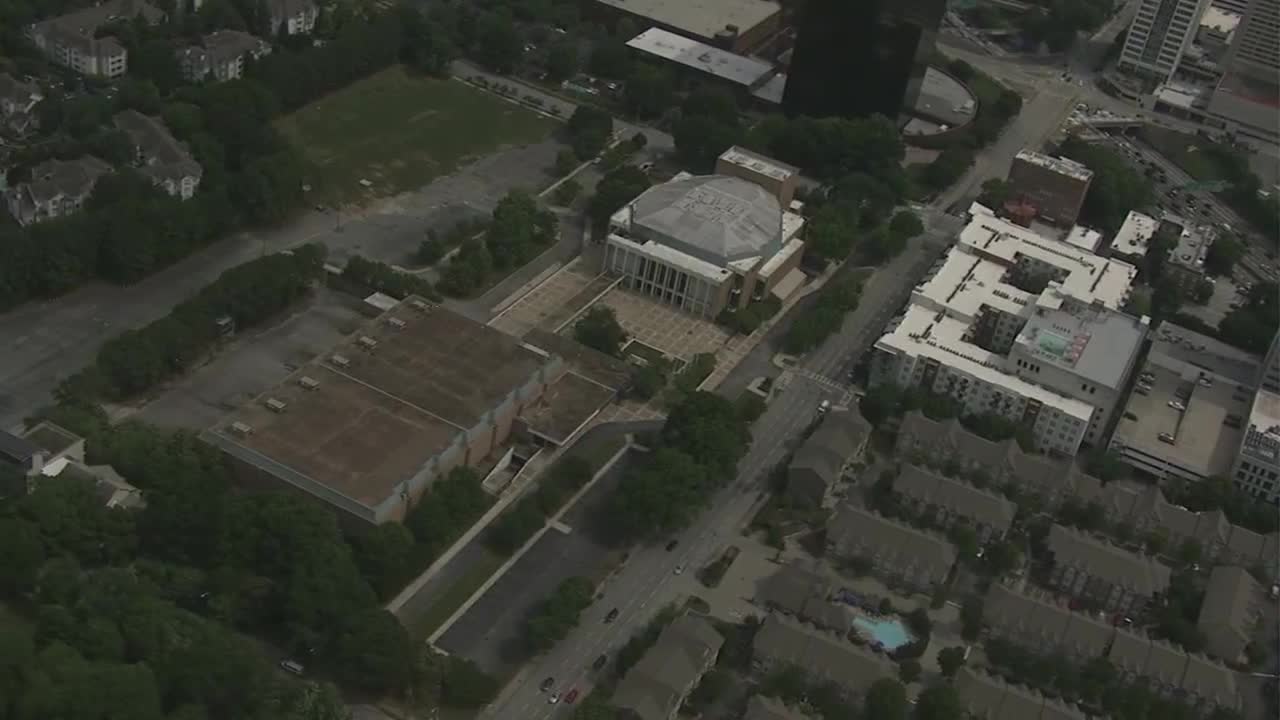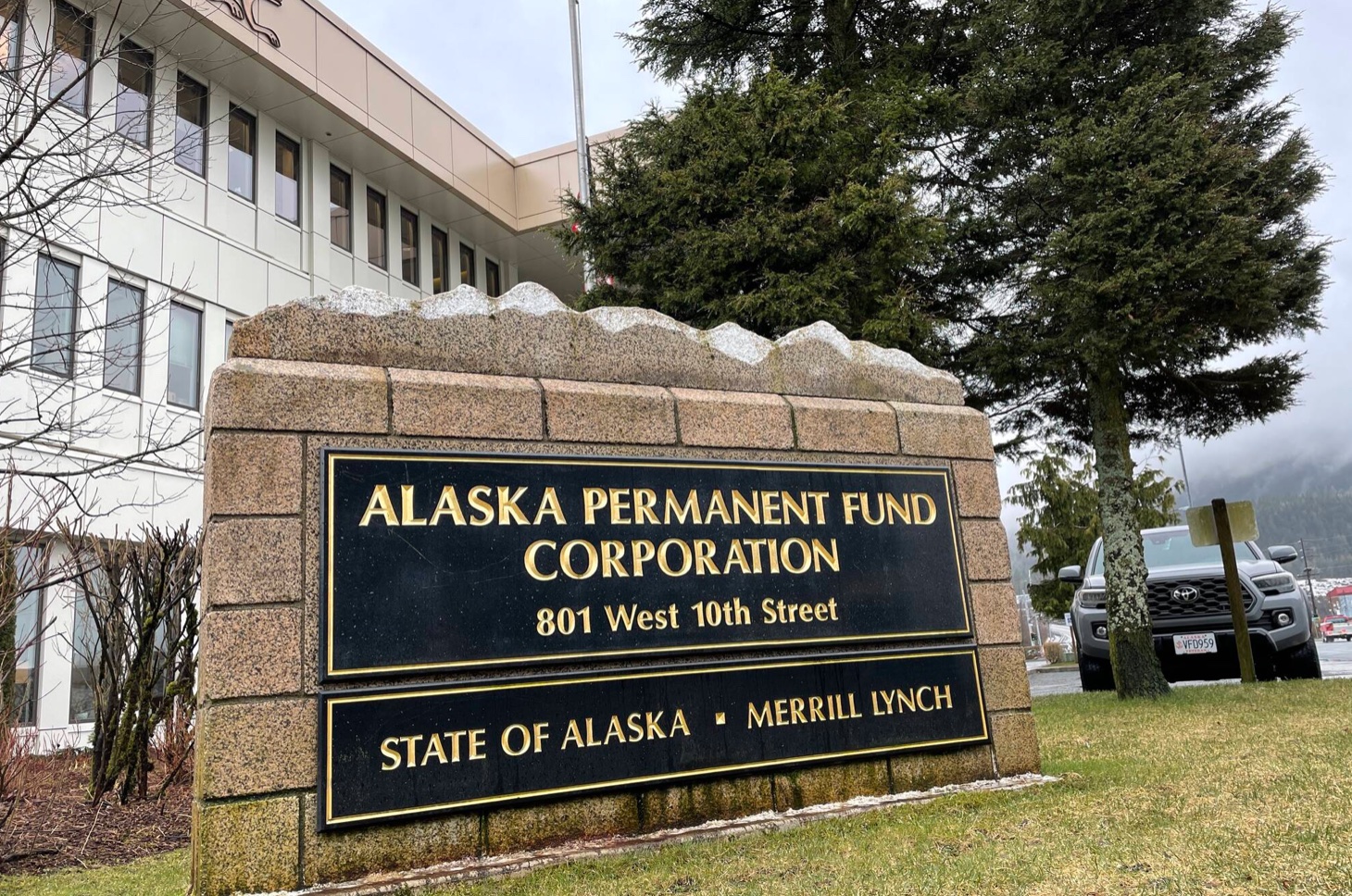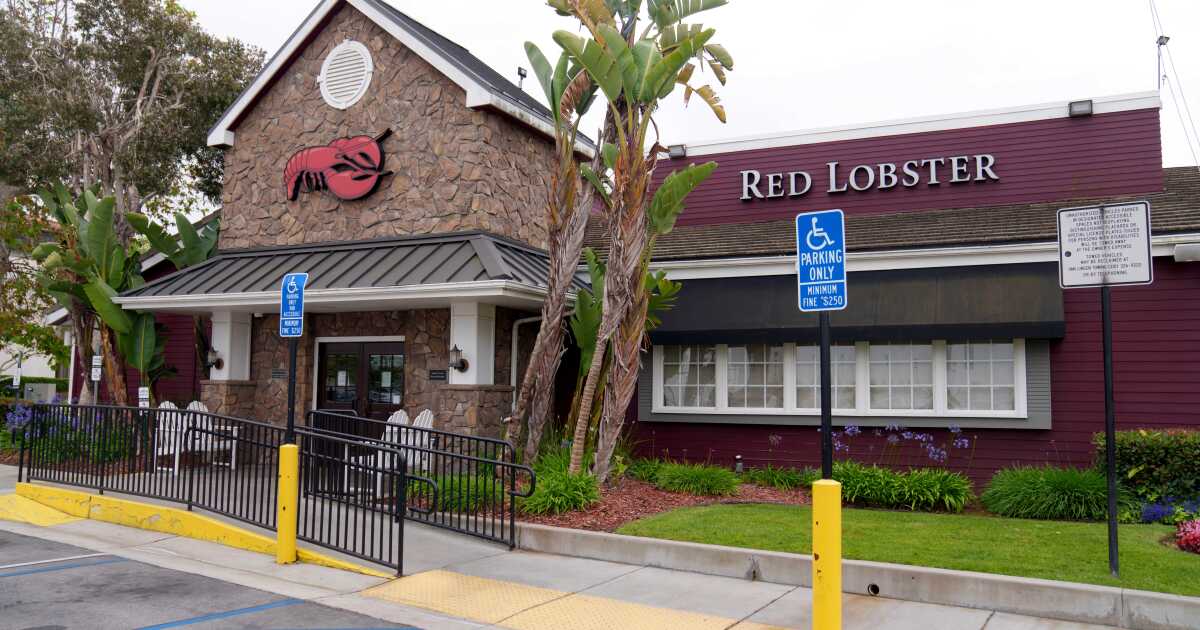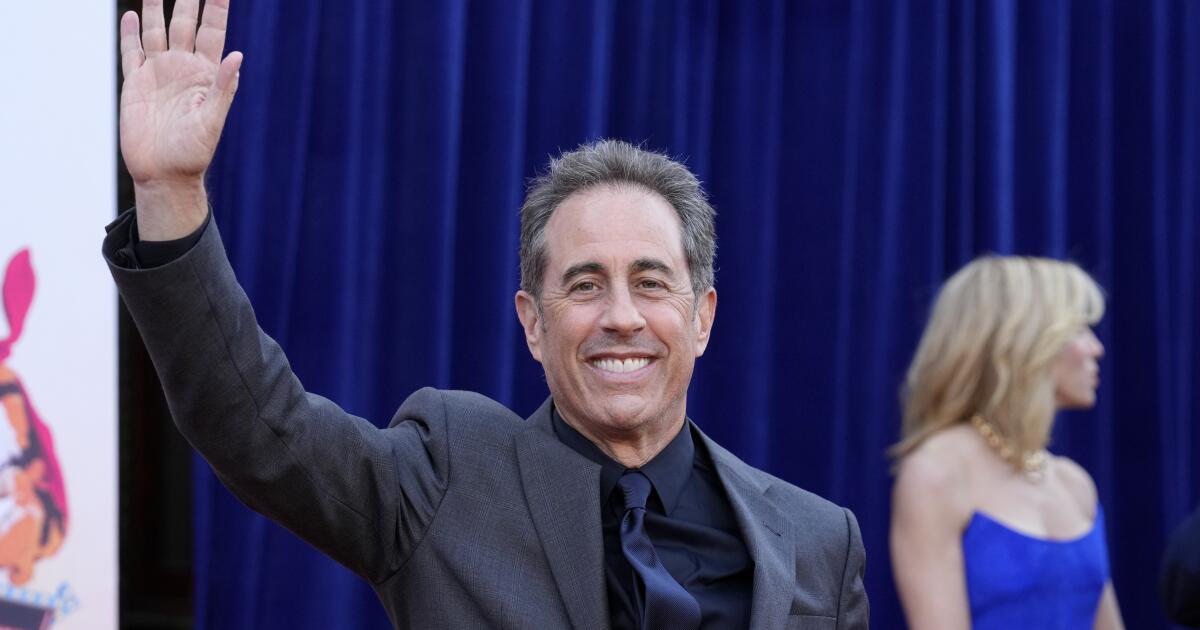The state’s recreational and environmental agency says it has a new top objective: Expand access to coastal and inland beaches.
It comes in the wake of a recently released government survey that shows Massachusetts residents are clamoring for more water access.
“We heard from people loud and clear that having that connection to water is so important,” Stephanie Cooper, undersecretary of environment with the Executive Office of Energy & Environmental Affairs, told GBH News earlier this month. “With climate change where we’re having hotter temperatures, it becomes that much more important to have a place to cool off.”
Massachusetts’ new statewide outdoor recreation plan, released in March, included a survey of more than 5,000 residents and a roadmap for the commonwealth’s priorities. Beaches topped the list of outdoor recreational areas residents want more of across most racial groups, beating out nature preserves and hiking trails.
But the state’s objective could be difficult, given that a small fraction of Massachusetts’ coastline is currently accessible to the public and municipalities often limit access for those who don’t live in shore communities.
Cooper and some lawmakers are not yet specifying a plan to hit their new objective. And any expansions could be costly.
Cooper pointed to about $6 million annually in federal grants for land and water conservation acquisitions, money that can also be distributed to local communities for expanding recreational properties. The state’s new recreation plan is required by the U.S. National Park Service every five years for Massachusetts to be eligible for federal conservation funding.
That funding climbed significantly since 2021 under the Biden administration, up more than 73% over the previous three years’ average annual funding. There could be more state money coming, too, from a new environmental bond bill. And Cooper says she hoping for new federal grants and opportunities to team up with land trust nonprofits in the next year to acquire more coastal properties.
But restrictive laws have long made Massachusetts beaches some of the country’s most inaccessible. Geordie Vining, for one, welcomes the state’s new priority: he was the director of coastal access planning for the state between 1994 and 2000.
He’s still skeptical about the commonwealth making any real headway.
“Public coastal access is really important,” said Vining, now a planner for the coastal city of Newburyport. But, he said, “Challenges basically remain the same: The incredibly high cost of coastal property — eye-popping costs — and resistance from private property owners who own that expensive coastal property.”
The last time the state conducted an inventory of coastal access was more than 30 years ago. That report estimated that just 12% of the state’s roughly 1,400-mile coastline is open to all members of the public.
That low figure is due to a centuries-old law that dictates homeowners own the beach down to the low-tide line, along with a longstanding system of coastal towns barring or limiting nonresidents through strict parking regulations and fines. Racist housing practices also played a role as historic deeds in some beach communities expressly banned selling homes to anyone but white Christians.
The GBH News Center for Investigative Reporting covered those issues in a 2022 series, “Barriers at the Beach.”
The state currently owns and manages 15 saltwater ocean beaches and 31 fresh water inland beaches, according to the recreational study. Massachusetts also hosts several federally owned coastal properties, including The Cape Cod National Seashore and Parker River National Wildlife Refuge on the North Shore.
Adding to those holdings would require a lot of spending, given the value of waterfront real estate.
That would be on top of millions of dollars the state now spends every year on coastal resilience to protect existing sandy beaches at risk of disappearing under high tides, money that goes toward seawalls or re-nourishing the sand. Severe storm surges and erosion caused by climate change, Vining and Cooper agreed, have upended coastal policies and budgets.
And even public access doesn’t necessarily mean access for all. Some of the state’s coastal resiliency funding goes to coastal towns that also sharply restrict nonresidents access or charge high fees for parking.
Marshfield, for example, received $1.2 million from the state last fall to help renourish critically eroded shoreline along Bay Avenue Beach but allots a small number of parking spaces for nonresidents at its beaches.
Scituate won a nearly $2 million grant last fall to replenish 26,000 cubic yards of sand and gravel at North Scituate Beach. But the coastal town sells just a few hundred beach stickers to nonresidents for $350 each — passes that are not valid on weekends or on holidays.
In Ipswich, Select Board members two weeks ago tightened beach access in their North Shore coastal town, voting to ban nonresidents from beach parking through the summer season and increase parking fines around that beach from $30 to $50.
“This will prevent non-residents from parking in the neighborhoods and walking down to beach,” Ipswich Police Chief Paul Nikas wrote in an April memo to the Select Board.
But such restrictions are frustrating for lawmakers who want to see beaches more accessible to all of the commonwealth’s residents.
“Massachusetts has the most restrictive ocean-access laws in the country,” said state Rep. Dylan Fernandes, a Woods Hole Democrat, who has filed several bills to reform beach ownership statutes and local regulations that exclude nonresidents.
He has pushed back against these local practices, proposing legislation to tie public spending on coastal projects to fully open beaches. His bill would ban communities that get public funds for their beaches from charging excessive parking fees or allowing access only to residents or renters in that community.
At a hearing on the bill last fall, beachgoers shared their frustration with legislators about their feelings of injustice at the expense of getting onto coastal beaches in Massachusetts. Alex Vai of Sudbury, who volunteers with the beach access nonprofit Surfrider, was among them.
“Parking, congestion, crowding — all of these are issues that arise because people are being funneled into the 12% of Massachusetts coastline that is public,” he said.
What residents get out of beach access is “completely undervalued,” said Setha Low, a psychology and anthropology professor at the City University of New York who is editing a new book about environmental injustice at beaches.
“I don’t think that there is any public space that brings as much joy and pleasure and a sense of belonging as beaches,” said Low. “We need to be looking to our states and our cities and the federal government to try to get us more beach access.”
While officials duke it out over access, some organizations on the ground are doing what they can to give residents the benefits beaches can provide.
One grassroots project is helping dozens of neurodivergent and medically fragile youth in the state access two state-owned beaches on the weekends. The state awarded a $10,000 grant to the project run by a Rhode Island–based nonprofit called Gnome Surf.
Another project, Kayak and Sail Lynn, teaches local high schoolers to build boats and paddle kayaks. Run by a teacher at Lynn English High School, the program connects teenagers with a local coastline many have hardly touched.
Cole Kiiza, a 17-year-old junior at the high school, said that before joining this club last year, he rarely went to the beach.
“I’ve been to the beach maybe twice, but we had to drive all the way to Rockport and Gloucester, and it’s really far away,” he said. “After this, I got on the water a lot. We had multiple kayak expeditions. I got to take a dip in the water after we landed on Point of Pines. Peaceful, serene. It was honestly so beautiful.”
![]()

